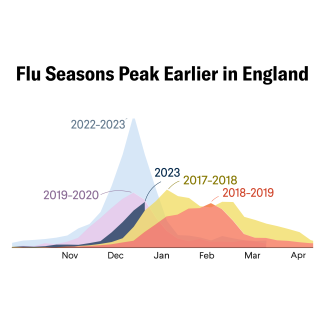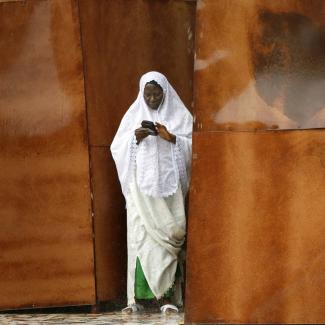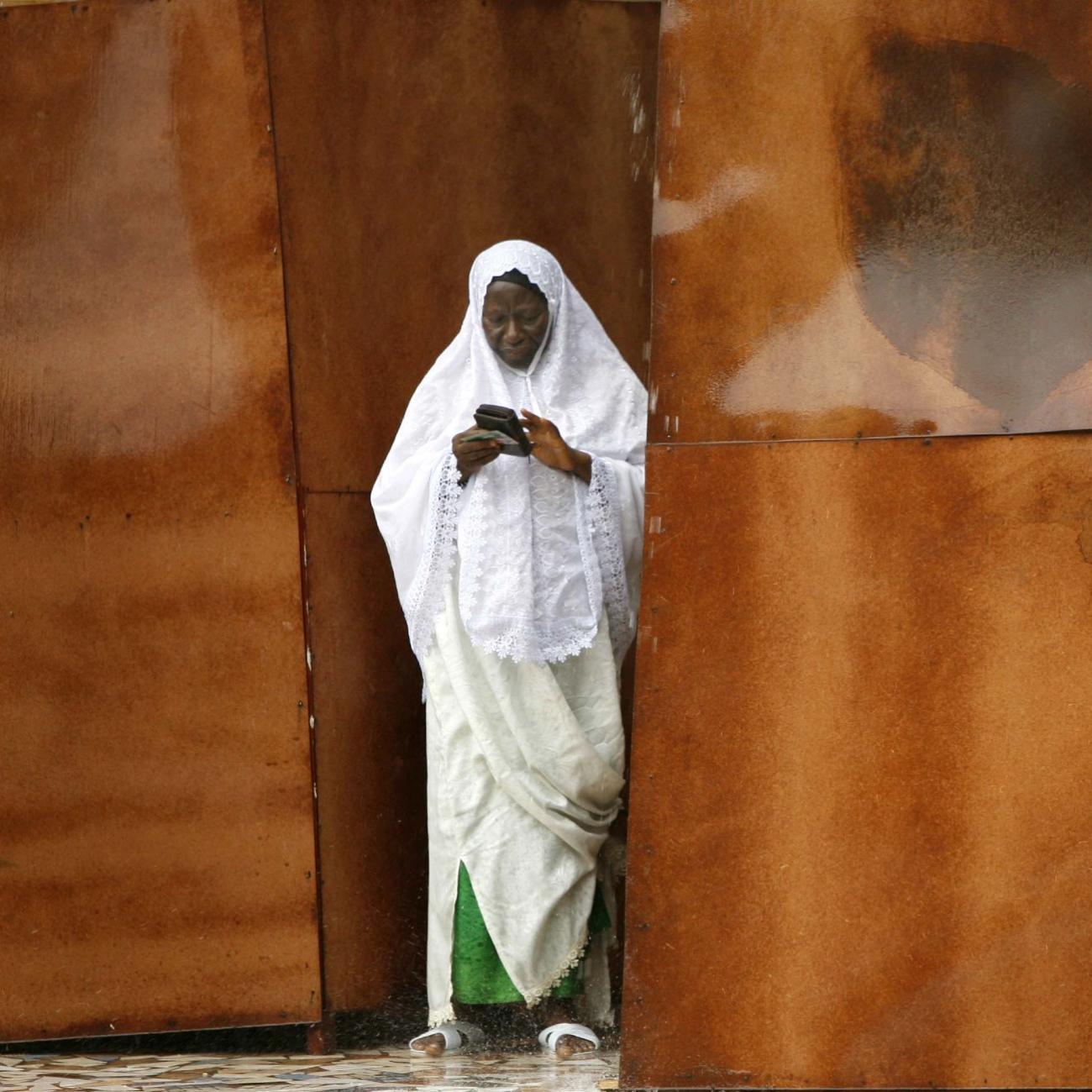In Uganda, lesbian, gay, bisexual, transgender, queer, and intersex (LGBTQ+) communities have long faced repression and violence, which undermines their individual rights and inflicts injury in multiple ways. In response, global health funders, international organizations, and Ugandans themselves have undertaken remarkable efforts to try to ameliorate those harms, including by creating community-led health services and providing legal support to advance human rights. But a harsh new law has deepened the threat to LGBTQ+ people, imperiling the health of all Ugandans. The country is increasingly an outlier from the global community as governments have trended toward removing such laws. Global health actors urgently need to act, collectively and strategically, to alter this course. On May 26, Ugandan President Yoweri Museveni signed into law the Anti-Homosexuality Act of 2023, among the harshest anti-LGBTQ+ statutes in the world. Lawmakers justified the new law as necessary to “protect the traditional family” despite studies showing that recognition of LGBTQ+ people has had no effect on family formation.
Studies show that recognition of LGBTQ+ people has had no effect on family formation
The law makes the “act of homosexuality” punishable by life in prison and imposes the death penalty for acts labeled “aggravated homosexuality,” which includes sex involving people living with HIV as well as anyone deemed a “serial offender” who has been previously convicted of homosexuality. Same-sex relations have been illegal in Uganda since British rule, under a colonial-era penal law against “unnatural offences,” but the new law also adds categories of offenses that target both conduct and identity. The new, vaguely worded offense of “promoting homosexuality,” punishable with a sentence of up to twenty years’ imprisonment, could apply to someone advocating or supporting LGBTQ+ people, including human rights defenders or those providing financial support to groups and their supporters.
The law also mandates that Ugandans report suspected homosexuals or “promotion of homosexuality” to the authorities. It lengthens prison sentences for attempted same-sex conduct to ten years. These provisions have striking implications for health. Direct threats to LGBTQ+ people are on the rise, including proliferating reports of beatings, stabbings, sexual violence, abduction, and evictions, as documented by the Human Rights Awareness and Promotion Forum. Arrest and abuse by state actors are not uncommon either, in violation of rights guaranteed under Uganda’s constitution and human rights law, causing LGBTQ+ Ugandans to flee in search of refugee status in neighboring countries.
Anti-LGBTQ+ laws have also been shown to undermine the function of the health system as a whole. A recent study showed that men who have sex with men in African countries that criminalize them have three times the HIV-prevalence of their peers in countries that do not criminalize that behavior. Another study found that countries that criminalize homosexuality have made significantly less progress in HIV testing and treatment.
This is in part due to how such laws undercut the trust, confidentiality, and stigma-free services that all people desire in their health systems. Such laws also make it difficult for the organizations and community groups so crucial for tackling an infectious pandemic to operate effectively. An infectious disease never just affects one targeted community; it drives new infections population-wide.
Uganda had been making steady if imperfect progress against AIDS. Now, however, some clinics that have served LGBTQ+ populations report that their clients have stopped seeking services. Others have closed down or shifted service models under threats from the state. Health workers who provide services to LGBTQ+ patients are now required under the law to report their patients to the authorities. Uganda’s Ministry of Health has since released a circular urging all health workers to provide services without discrimination, but this does not eliminate the requirement that they report.
The law is also undermining Uganda on the global stage, which is particularly deleterious for a country where international cooperation has played such an important role in improving health and development. The Joe Biden administration has imposed U.S. travel restrictions on Ugandan officials and is considering cutting levels of international assistance because of the law. The law has been condemned by the Joint UN Programme on HIV/AIDS.
Since 2018, eleven countries from Asia, Africa, and the Caribbean have rescinded laws that protect LGBTQ+ rights
The Global Fund, and the U.S. President’s Emergency Plan for AIDS Relief as posing “grave jeopardy” to the AIDS response. The World Bank recently sent a fact-finding mission to Uganda after more than one hundred organizations urged it to suspend lending to the country, having postponed a $90 million loan in 2014 over a similar bill until it was eventually overturned.
The prominent coverage of this law obscure a global trend moving in the opposite direction as countries remove laws criminalizing LGBTQ+ relations and peoples. Since 2018, eleven countries from Asia, Africa, and the Caribbean have rescinded such laws, including economic powerhouses like Singapore and India, countries with high rates of HIV like Botswana and Angola, and highly religious societies like Bhutan. Both courts and parliaments have removed colonial era laws after recognizing the economic, diplomatic, and health costs they impose.
This context makes the situation in Uganda particularly acute. Recognizing and protecting LGBTQ+ rights and protecting health gains go hand in hand, but the global health community needs to be actively engaged in both. Activists have filed lawsuits against the bill, similar to efforts that helped strike down an earlier iteration of the statute, and LGBTQ+ Ugandans could win again — but the litigants need attention and backing. Global health actors must also make long-term investments in needed law and policy reforms, including rights monitoring, policy campaigning, and smart messaging.
From AIDS to COVID-19 to MPox and beyond, pandemics thrive on inequality. Ensuring the health and well-being of LGBTQ+ people is a global good. It requires not just good clinics and good doctors but also good laws in line with human rights norms.



